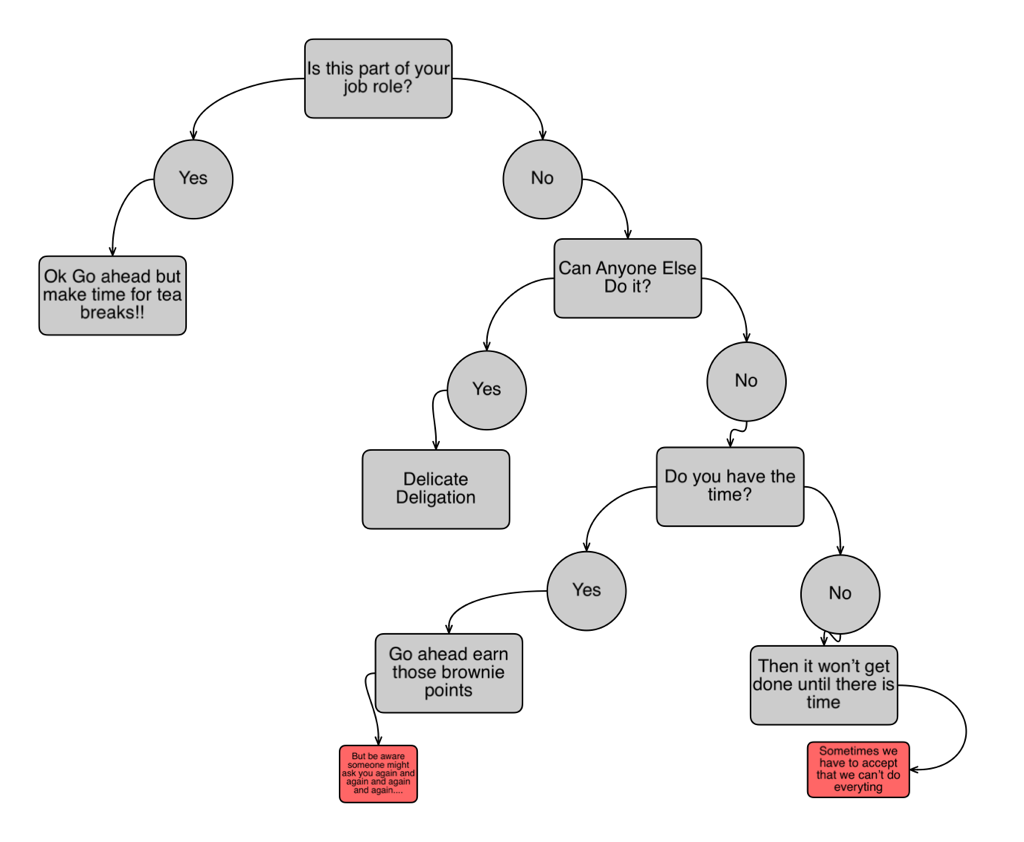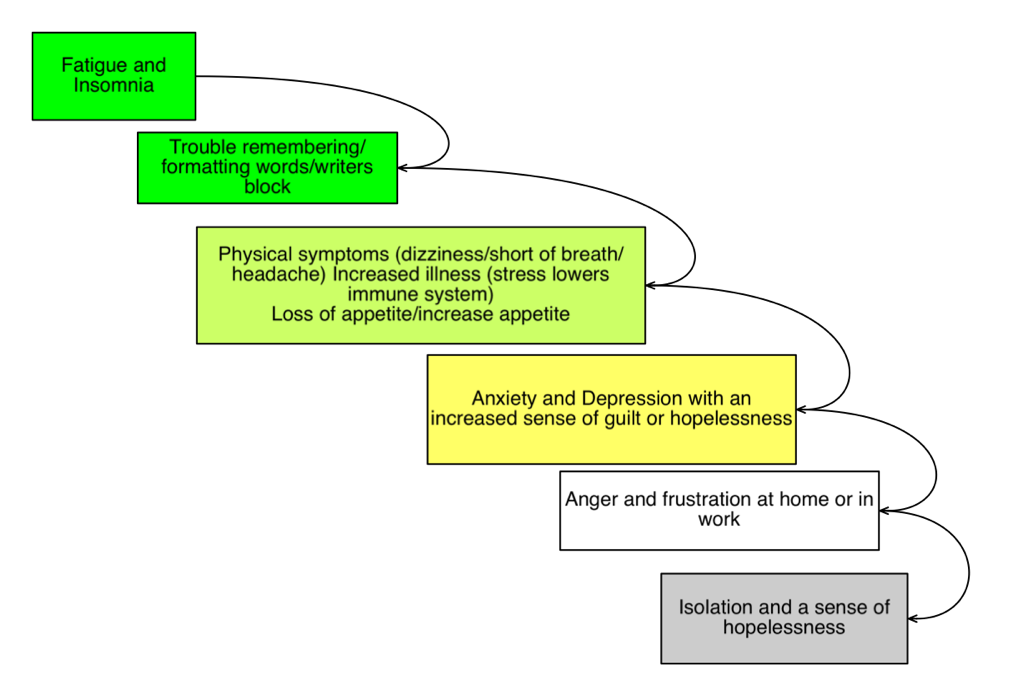|
3/5/2018 1 Comment March 05th, 2018
1 Comment
|
Author:
Nikki Disney works as a creative therapist and wellbeing practitioner in the arts. Having been in various roles in the industry she knows only too well what the pressure of work in the arts can impact on wellbeing and is an advocate of support for artists and companies to support wellbeing in the arts. Archives
July 2019
Categories |


 RSS Feed
RSS Feed
